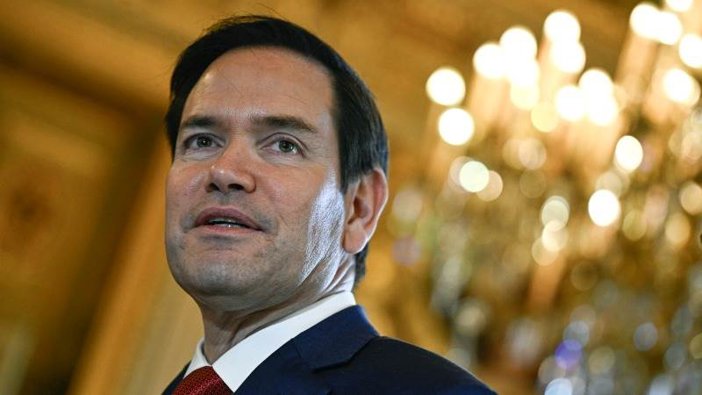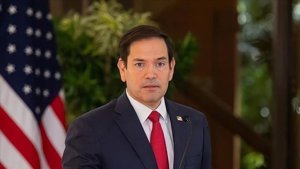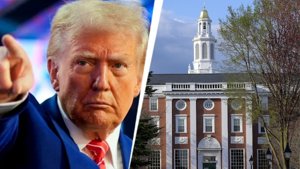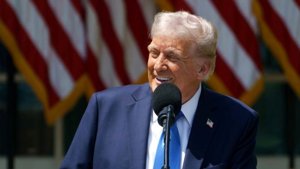
US Imposes Visa Bans on Fentanyl Traffickers’ Families
US targets families of fentanyl traffickers with visa bans as part of expanded effort to combat deadly opioid crisis.
State Department Expands Sanctions in Fight Against Fentanyl
Secretary of State Marco Rubio announced sweeping new visa restrictions on Thursday, targeting the families, business associates, and close contacts of foreign drug traffickers responsible for bringing fentanyl into the United States. The initiative marks a significant escalation in efforts to deter and dismantle the deadly networks fueling the nation’s opioid epidemic.
Speaking at a press conference, State Department spokesman Tommy Piggott said the new measures would “prevent them from entering the United States and also serve as a deterrent for continued illicit activities.” The restrictions not only target known traffickers, but extend to their relatives and business partners, intensifying the pressure on criminal organizations.
Rubio highlighted the urgent need for action, stating, “The fentanyl crisis in the United States is unprecedented, with overdoses remaining the leading cause of death for Americans ages 18 to 44.” He cited statistics showing that more than 40 percent of Americans reportedly know someone who has died from an opioid overdose, and noted that in 2024 the US averaged more than 220 overdose deaths every day. According to the CDC, fentanyl contributed to 48,422 deaths nationwide this year alone.
The State Department described Thursday’s announcement as building upon existing sanctions tools and promised to use “all necessary tools to deter and dismantle the flow of fentanyl and other illicit drugs from entering the United States and harming US citizens.”
Law Enforcement Ramps Up Pressure on Traffickers
The government’s crackdown comes as law enforcement agencies have made major fentanyl seizures and arrests. In May, Attorney General Pam Bondi reported one of the largest fentanyl busts in US history, with 409 kilos of pills and 11.5 kilos of powder seized, alongside other narcotics, $5 million in cash, and dozens of firearms. Authorities arrested sixteen people in the operation, including six men found to be in the US illegally.
Bondi described fentanyl as a weapon of “mass destruction” and delivered a stern message to those distributing the drug. “When we catch you like all of these individuals, if convicted, we will put you behind bars. There will be no negotiating and we will lock you up for as long as humanly possible,” she said.
President Donald Trump, since his campaign, has vowed to wage a war against fentanyl traffickers, deploying troops to the southern border, targeting cartels as “foreign terrorist organizations,” and imposing sanctions on cartel leaders. Federal data shows that, since the November election, seizures of fentanyl at the border have dropped 50 percent, which officials interpret as a sign of declining overall smuggling activity.
As US authorities intensify enforcement and expand visa bans, officials stress the importance of aggressive and coordinated action to address a crisis that continues to devastate families and communities nationwide. The expanded policy, they say, is part of a larger strategy to hold traffickers and their networks accountable, making clear that no one connected to the deadly trade will be able to escape scrutiny or consequence.






